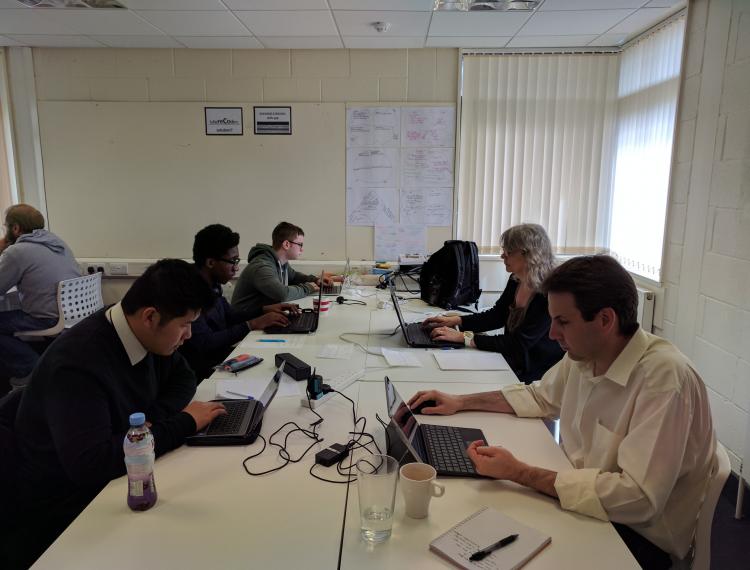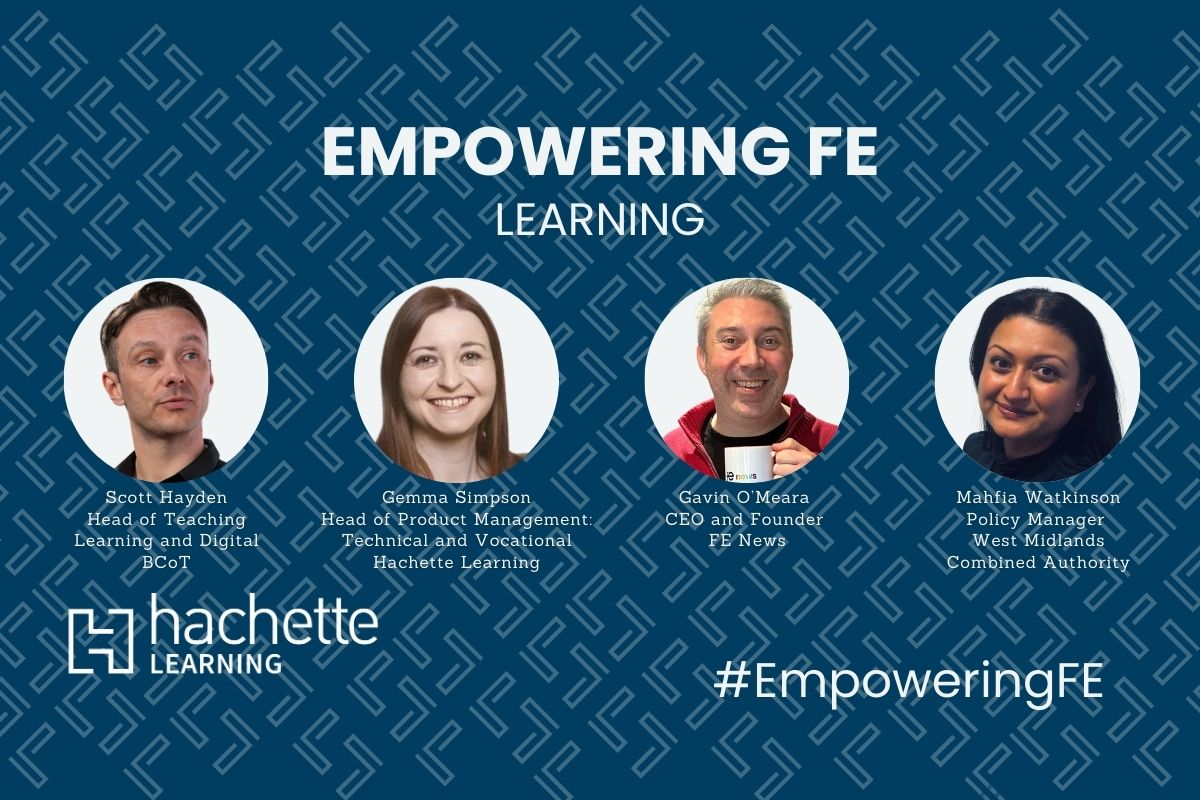Delivering the extended work experience element of digital T-levels

T-levels are being introduced in an attempt to address two major problems: the lack of parity between academic and vocational education and currently low levels of awareness of attractive alternatives to university education at undergraduate level.
During the past 25 years in vocational education, contact hours have reduced from around 24 per week to 15 per week while the learning demand remains largely the same. This has left colleges struggling to get through the demands of the syllabus and the inevitable consequence of this is the reduction in time for those activities that can make the difference between a college leaver who is work ready and one who is not. A similar reduction in enrichment activities has happened for academic programmes in schools although not to quite the same extent.
So it is good to see a proposal to increase contact hours by 50% and to introduce 3 months’ compulsory work experience for students on T-level courses. Colleges will face a number of challenges, one will be to ensure that the extra hours can be covered, and it is hoped that the funding mechanism is sympathetic to this. Another is to be able facilitate the work experience element for all students. As far as the delivery of T-levels is concerned, this will be a continuation of some of the excellent delivery that already exists with some requirement to help ensure that the level of teaching can match the experience gained on an extended work placement. I would expect the T-level syllabus to resemble the current syllabus for a BTEC National, a Cambridge Technical or other similar qualification. I would also expect to see a big drive towards higher vocational education with an emphasis on Higher National Diplomas and similar courses. With the introduction of Institutes of Technology there is almost a reversion to the vocational education that some of us were able to enjoy, and benefit from, in the 70s and 80s, both in further and higher education.
To facilitate up to 3 months of meaningful work experience for all students who embark on a T-level programme, much effort in terms of training and supporting employers will be needed. In some areas there may be a need for a ‘halfway house’ to enable students to start to gain the skills they will need to work in their chosen vocational area. We are already very familiar with the idea of training salons and training kitchens. futureCoders has been set up exactly for this purpose and is currently operating a pilot programme through which a fully structured work placement programme can be developed. Catering for students who are budding software developers and who want to explore, and prepare for, a career in the software industry, futureCoders offers up to 14 hours per week of work experience for a minimum of three months and a maximum of 12. Current requirements for one week of work experience in each year of college study are inadequate in terms of helping students to build employability skills and to gain enough knowledge about an industry to help them to make an informed choice in relation to career progression. futureCoders was set up specifically to help current students to gain work experience in software development to test out their understanding of the software industry and to gain skills, experience and a network of contacts that will help them in a future career. Students can participate whether they are currently in vocational college education or in academic sixth form education.
Loosely based on the Skolepraktik (practice centres) model in Colleges of Technology in Denmark, futureCoders is an operational business developing apps and web-based solutions, primarily for charity, non-profit and social start-up clients, at affordable prices. Students work alongside professionals, in development teams, and are involved in the whole process through planning meetings, retrospectives, individual development responsibilities and research activities. Through the current pilot, futureCoders is refining a structured work placement programme that will bring the benefit of skills building, many hours of coding practice, opportunity to contribute to real projects and build personal open source portfolios, experience of working in a development team, meeting with clients and participating in the appraisal process. In Denmark, futureCoders’ director, Karen Scott, met with tutors at Frederiksberg Tech, Mercantec, Aarhus Tech and Syddansk Erhvervsskole where practice centres are used to provide a simulated work experience for apprentices who have started a programme but who have yet to secure a work placement. Some employers were reported to be keen to take students who had spent time in the practice school, in preference to those who hadn’t, simply because they had already developed some skills and attitudes important to the industry. This is particularly important to the software industry where the skill demand is high and it can take a long while for an apprentice to become productive. Practice schools are situated on the college campus. Karen had run a number of projects with students in college, bringing in external clients and external professionals to work with students. This had been largely successful but often lacked realism and sometimes, through lack of access to enough professional help, did not result in a finished product.
Key to the success of T-levels will be the progression routes offered after a student is ready to move on to higher education. futureCoders aims to highlight and help students to prepare for suitable progression routes. These may be higher education either at a university or at, maybe, an Institute of Technology or may be on a higher or degree apprenticeship scheme. The availability of these and their perceived status will help to determine the take up and status of T-levels. futureCoders is already raising awareness of these progression routes through talks with schools and colleges and through wider publicity. T-levels are planned for introduction in September 2019. In the meantime, placements at futureCoders are available to boost the number of hours of useful learning for a student and to provide that element of extended work experience now. By 2019 the model will be well established and futureCoders will be fully ready to be part of the solution in terms of meaningful work experience placements for T-level students.
Karen Scott lectured at Mid Kent College for over 20 years, is an examiner for A level Applied ICT and recently managed digital apprenticeships on the Step Forward programme for The Challenge. Karen was a Churchill Fellow of 2014 and travelled to Scotland, Denmark and Japan to learn about how technical, vocational students are prepared for working in the digital industries.










Responses